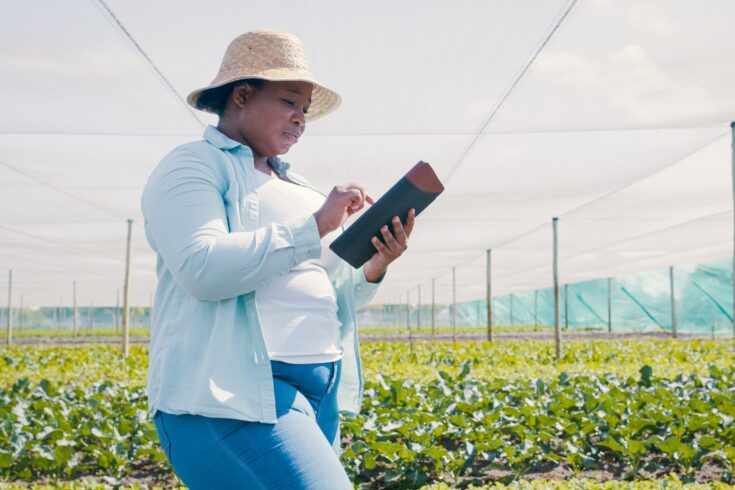The Global Challenges Research Fund (GCRF) and Newton Fund programmes to receive an additional £23.7 million, for the 2022 to 2023 financial year.
The Department for Business, Energy and Industrial Strategy (BEIS) has confirmed an additional Official Development Assistance (ODA) allocation to UK Research and Innovation (UKRI) of £23.7 million for the financial year of 2022 to 2023.
This funding has been allocated to the GCRF and Newton Fund programmes. It will ensure that they are able to close in a way that maximises development impact over the course of the 2022 to 2023 financial year.
It will also help support pilot activity to enable the new global partnership offer, starting at pace from 2023 to 2024.
Allocating the funding
UKRI will allocate the additional money in the following way:
- £15.7 million for GCRF and Newton consolidation accounts through the block grant mechanism. This will allow research organisations to have the autonomy and flexibility to spend the funds on grants that are best positioned to realise impact
- £8 million across specific, existing GCRF and Newton programmes, in particular those with a focus on global food security and health. This was requested by BEIS to align with the UK government’s strategy for international development for tackling global challenges.
Maximising impact
The £8 million allocation includes an uplift of £1.3 million to the AgriFood Africa programme delivered by Innovate UK.
This will maximise the impact of work to date on developing sustainable management of the food production systems in Africa.
The additional funding will support up to 70 follow-on projects and innovation awards that will enable further collaboration and scaling up around key areas including:
- insect protein
- forgotten foods
- aquaculture
- energy use
- livestock
- nutrition
- food production.
Driving sustainable solutions
UKRI International Champion Professor Christopher Smith said:
We welcome this crucial additional funding for GCRF and Newton Fund projects this year.
This will help boost projects that were impacted by the COVID-19 pandemic and last year’s ODA reductions.
It will ensure that despite significant adversity, they are still able to achieve outcomes which contribute to addressing the sustainable development goals.
Importantly, this additional investment will also enable some new follow-on activities and the continuation of diverse international partnerships.
This investment will ensure that the most impacted communities are central to driving sustainable solutions to some of the world’s most pressing issues.

